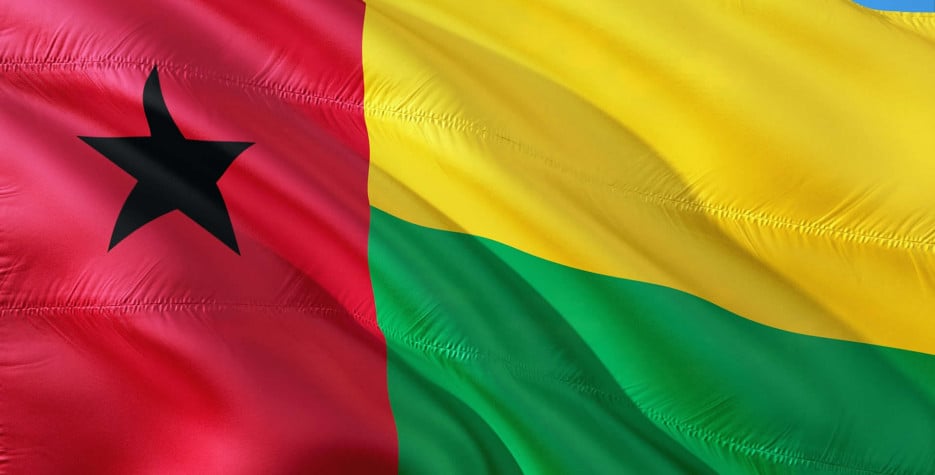When is Readjustment Movement Day?
Readjustment Movement Day is a public holiday in Guinea-Bissau observed on November 14th.
Also known as Anniversary of the Movement of Readjustment Day, it marks the coup that took place on this day in 1980.
History of Readjustment Movement Day
Guinea-Bissau gained independence from Portugal in September 1974, with Luis Cabral becoming the country's first president.
Like many other countries who have gained their independence from colonial powers, Guinea-Bissau's freedom came at a cost of an initial period of political instability and economic stress. As the seventies drew to a close, the new country was struggling to cope economically without the support of Portugal and dissatisfaction with Cabral's rule grew.
On November 14th 1980, the government was overthrown in a relatively bloodless coup led by Prime Minister and former armed forces commander João Bernardo Vieira.
Cabral was charged with abuse of power and sentenced to death, though after negotiations, the sentence was commuted and Cabral went into exile.
On gaining independence, Guinea-Bissau and Cape Verde had forged deep ties as the two presidents of these fledgling nations were members of the same political party that had campaigned for independence for the two nations. The coup broke the political and military ties between the countries and plans to unite Guinea-Bissau and Cape Verde were dropped.
Vieira ruled through a revolutionary council and then, from 1984, through a council of state-supported by an assembly of 150 appointed members, with only one legitimate political party allowed. In 1990, parliament revoked the one-party situation, though, in Guinea-Bissau's first free election in 1994, Vieira narrowly won the vote as president. He ruled until 1999 when he removed from power in a military coup and exiled.
Vieira returned from exile in 2005, becoming president again, hanging on to power until March 2009, when he was assassinated by renegade soldiers.
While not the only coup in Guinea-Bissau's recent history, the events of November 1980 put João Bernardo Vieira in charge the country, with his presence looming large over Guinea-Bissau for the following few decades, making the 1980 coup undeniably one of the most defining moments in the history of the country.


